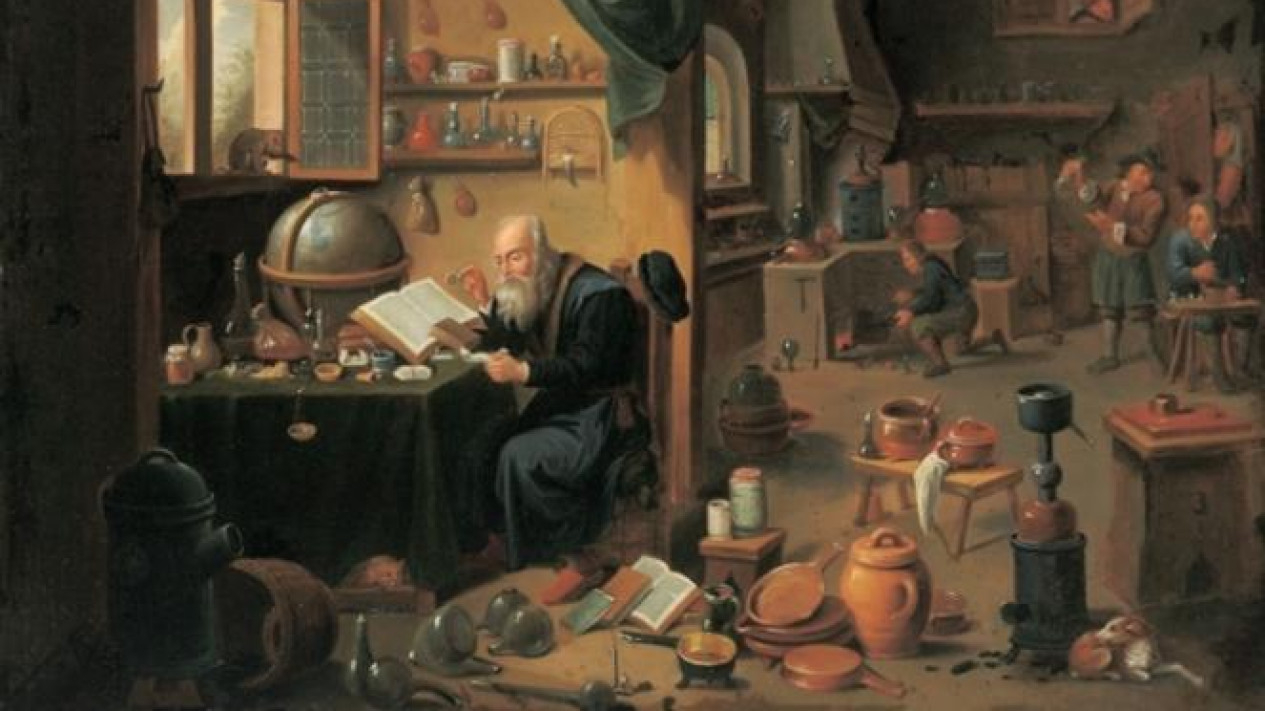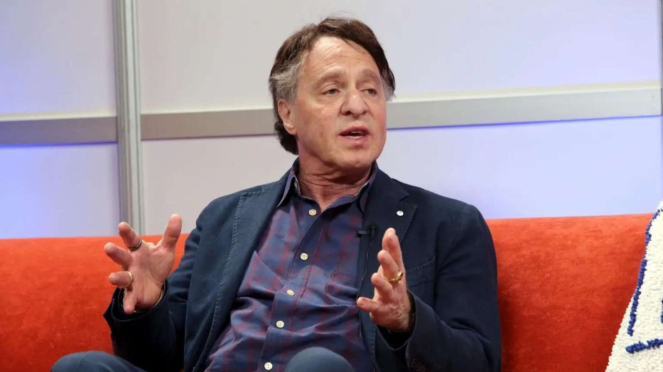Immortality to Happen by 2030, Former Google Scientist Says

- U-Report
VIVA – Immortality, or the ability to live forever, is a concept that has fascinated people for centuries. Recently, there is a prediction made by a former Google scientist about immortality on humans that can be true one day.
Ray Kurzweil, a former Google engineer has made a shocking prediction that humans will become immortals by 2030. So far, close to 86 percent of his 147 predictions have been correct. In 1999, the computer scientist and former Google engineer received the National Medal of Technology.
In the past, the scientist's predictions have become accurate, inspiring a cult following among other future-thinkers. While many of his predictions have come true, a claim made by Kurzweil in his 2005 book 'The Singularity Is Near' has resurfaced online after YouTube channel Adagio shared a two-part clip, sharing insights from the book.
The comments made by Kurzweil have kickstarted a debate on social media on immortality and if at all, whether humans will achieve it.

Saintis Google, Ray Kurzweil
- nypost.com
In his book, the scientist predicted that technology will allow humans to enjoy everlasting life by 2030. He also talked about genetics, nanotechnology, robotics, and more.
"2029 is the consistent date I have predicted for when an AI will pass a valid Turing test and therefore achieve human levels of intelligence. I have set the date 2045 for the 'Singularity' which is when we will multiply our effective intelligence a billionfold by merging with the intelligence we have created,” Kurz had told Futurism in 2017.
Kurzweil has previously suggested that, in less than a decade, humans will have created technology to fend off aging and illness with microscopic robots, sent to repair our bodies on a cellular level. And, indeed, medical engineers are currently fast at work on these disease-fighting bots.
He also claims that such nanotechnology will allow people to eat whatever they want while staying thin and energized.
“Nanobots in the digestive tract and bloodstream will intelligently extract the precise nutrients we need, call for needed additional nutrients and supplements through our wireless local area network, and send the rest of the food we eat on its way to being passed through for elimination,” Kurzweil suggested in a 2003 blog post.
While Kurzweil’s predictions seem a bit far-fetched to some, many of his previous claims have come true.
In fact, in 2010 the scientist claimed in a report he authored (presumably also serving as his fact-checker) to have hit an 86% accuracy rate with 147 predictions he made in the 1990s.
Among a long list, he accurately predicted that consumers will be able to design their clothes with precise measurements and style requirements from their home computers by 1999; that the world’s best chess player would lose to a computer by 2000; that people would primarily use portable computers, in a wide range of sizes and shapes, by 2009; and that the majority of the world would have high-bandwidth wireless internet access at all times by 2010.
Silicon Valley billionaires including Peter Thiel and Jeff Bezos have meanwhile put a lot of stock in Kurzweil’s predictions, dedicating their careers to developing technology that will enable humans to live well into their hundreds.

